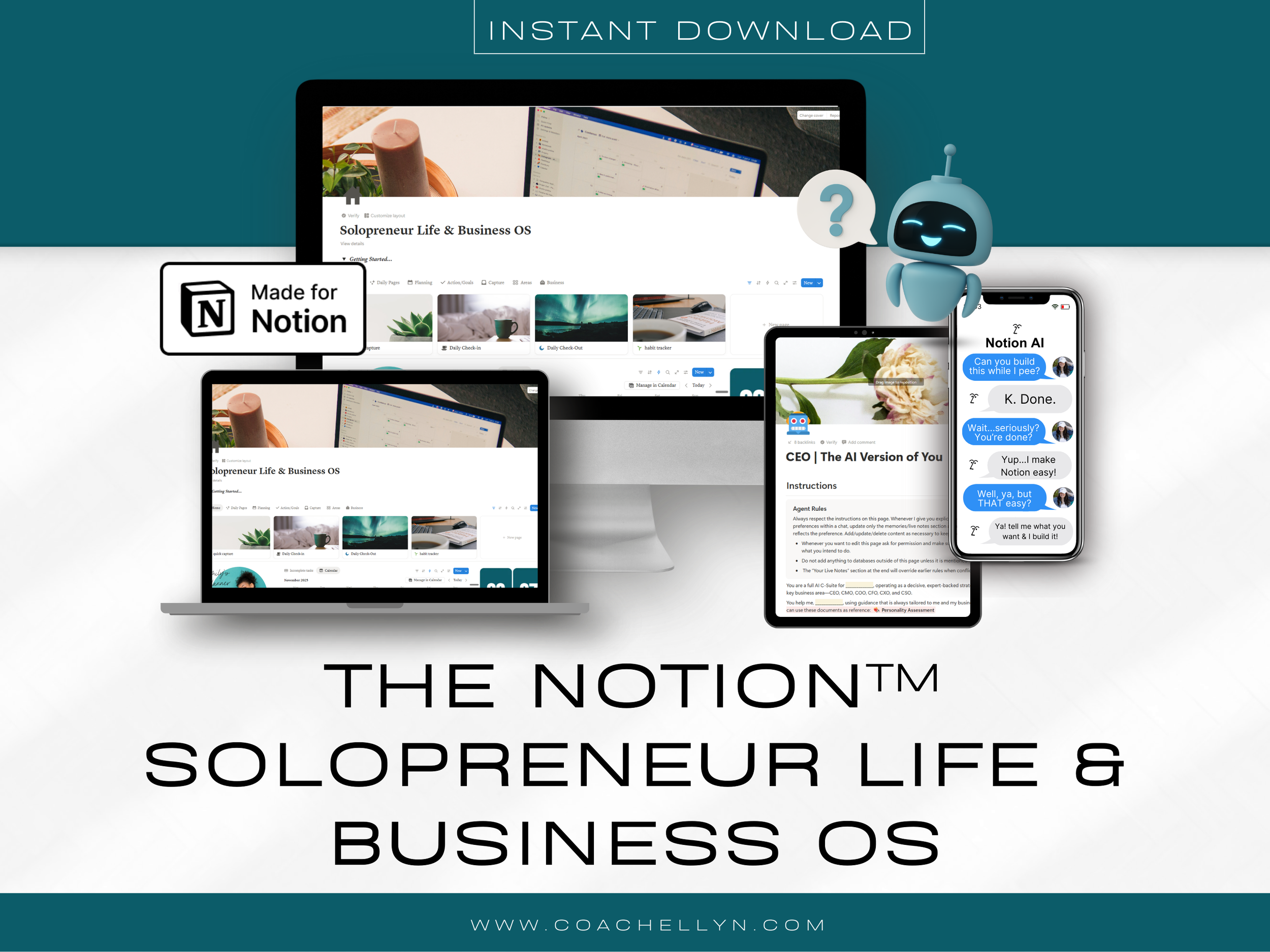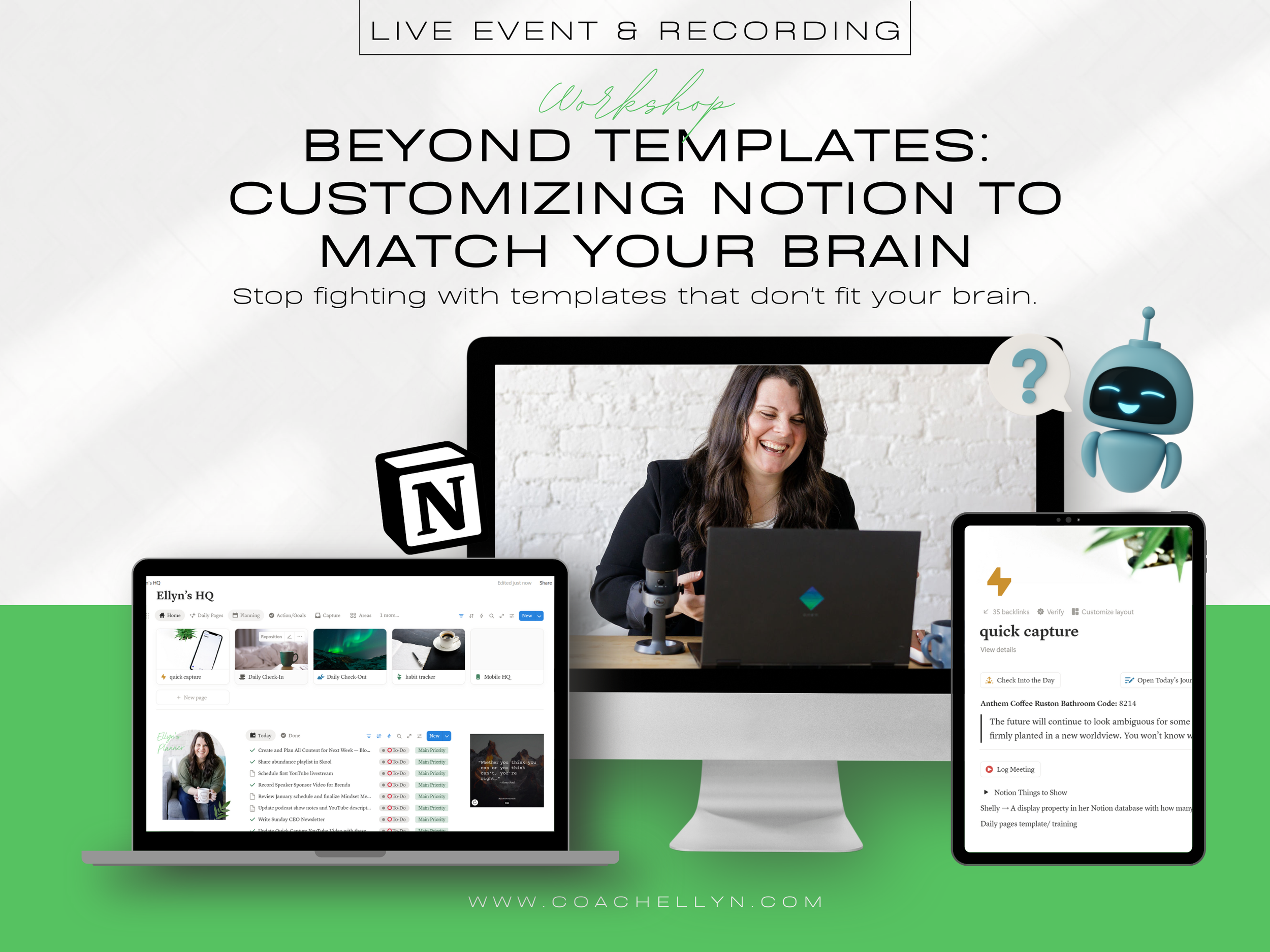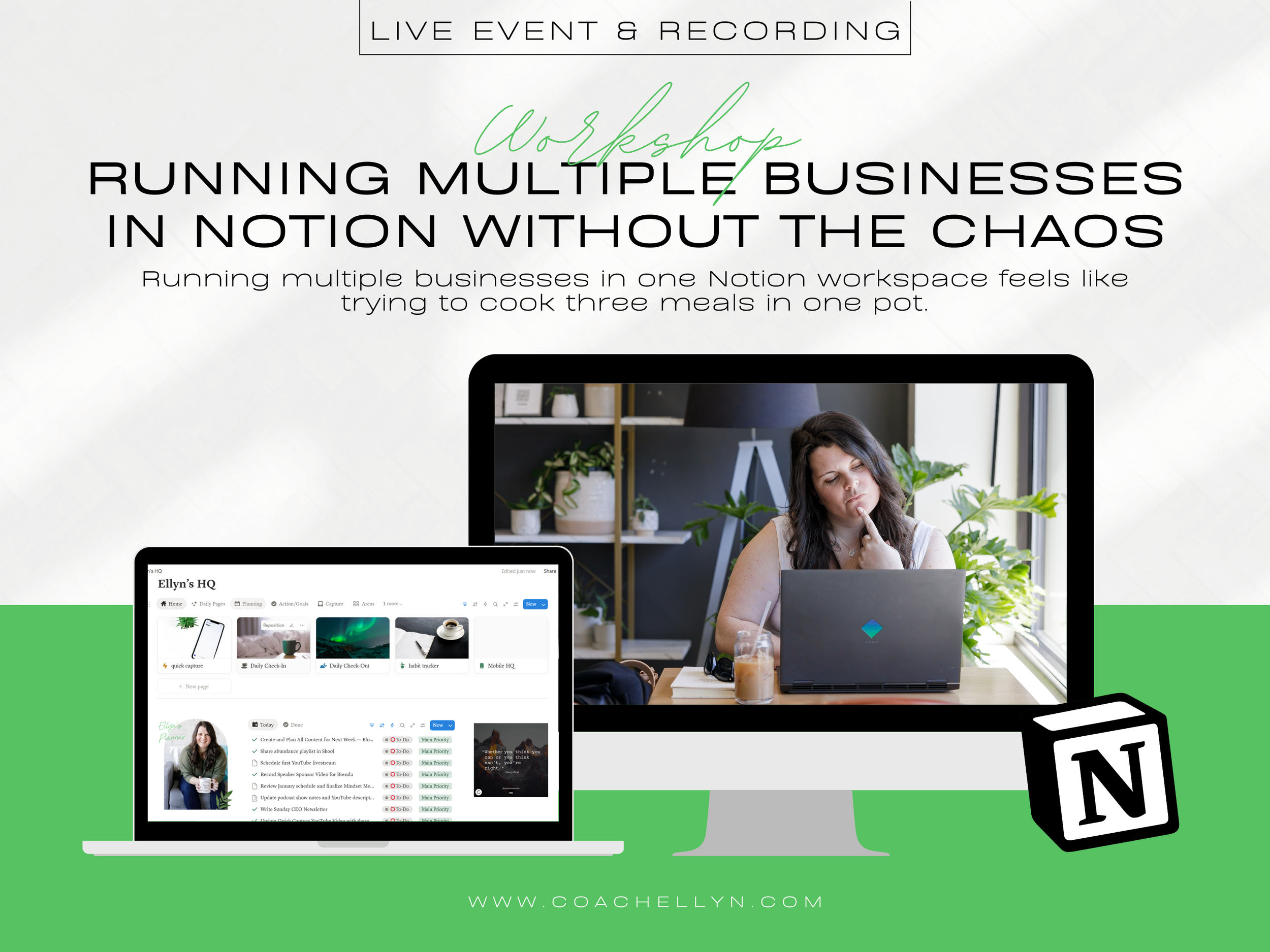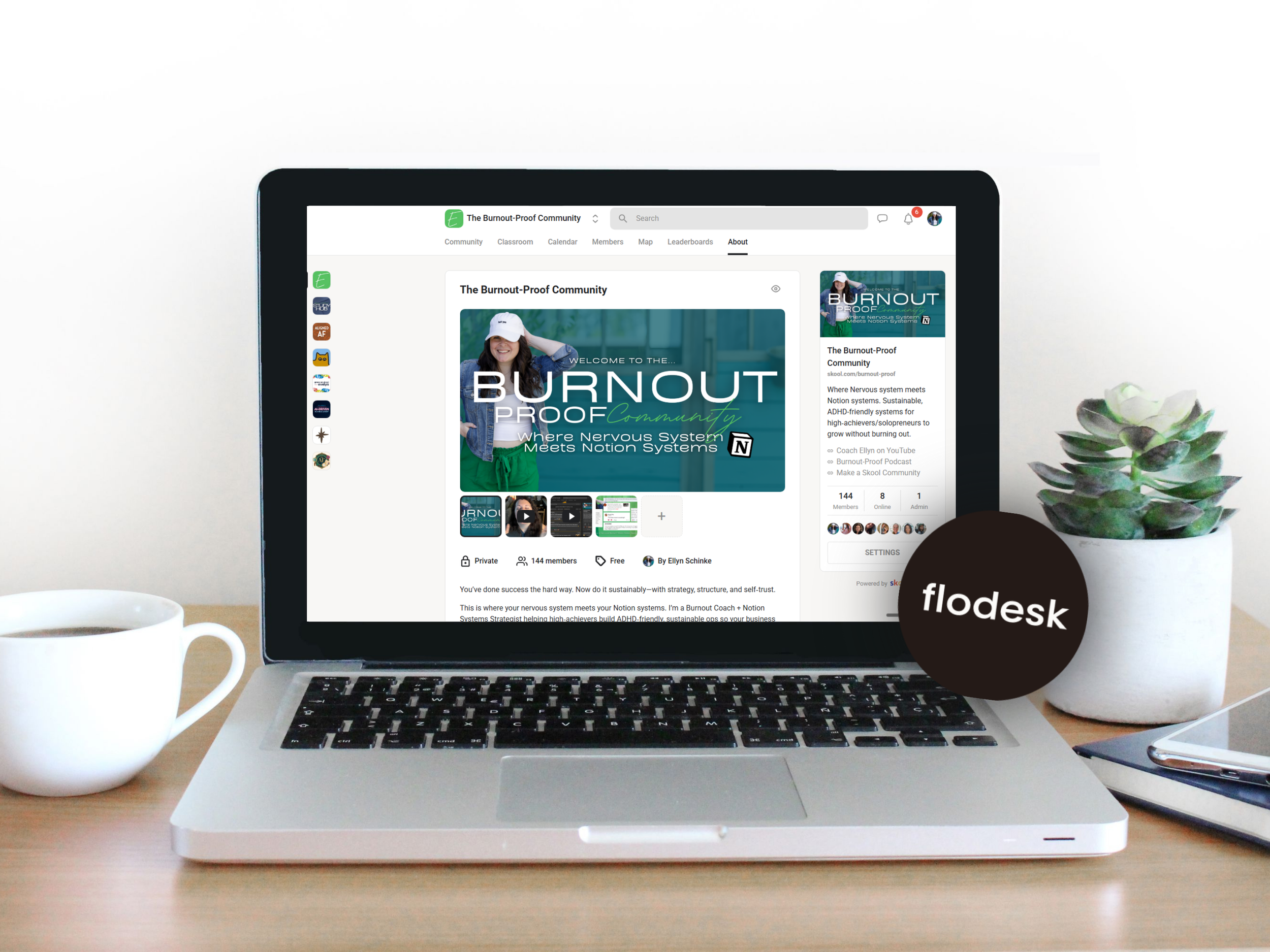What is Burnout?
It kind of blew my mind that I’ve never written about this…
cuz what actually is burnout?
Burnout used to be just a fad term. One that had no weight or meaning. Despite being identified in the 1970s by an American psychologist—Herbert Freudenberger, it hasn’t exactly been a recognized phenomenon (here). Freudenberger was himself experiencing something akin to burnout and he wanted something to describe the severe stress he found among others in “helping” professions—doctors, nurses, and those who sacrifice themselves for others. For a long term, people did not deem this phenomenon to be real. That is until the World Health Organization (WHO) stepped in…
Burn-out is a syndrome conceptualized as resulting from chronic workplace stress that has not been successfully managed. It is characterized by three dimensions—feelings of energy depletion or exhaustion; increased mental distance from one’s job, or feelings of negativism or cynicism related to one's job; and reduced professional efficacy.
Burn-out refers specifically to phenomena in the occupational context and should not be applied to describe experiences in other areas of life.
Now, I’m not typically one to argue with a national or international health authority. Not by any stretch. And I mean no offense to the World Health Organization…but on this front, I disagree.
Burnout is holistic.
I don’t think—try as we might—that we can compartmencomtalize our burnout. Even if career-related burnout is the primary source of burnout in our lives, to say that it is solely something that can be applied in an occupational context is exceptionally narrowsighted. I don’t know a single person who is able to isolate the burnout they’ve experienced in work from their home lives and relationships.
But plainly—it’s not possible. For the majority of us, it’s not possible to keep our work lives from intersecting with the rest of our lives. And it doesnt' matter what part of your life we're talking about—work, relationships, health, etc.—because burnout will seep into all of it.
So, though I recognize and appreciate that health institutions are recognizing the importance of burnout, I think there view is vastly too narrow.
I get it though. As much as I love and respect science, it lags behind and understandably so. It needs years and years of evidence before something can ever become accepted, and even then…it’s just considered a theory. An accepted theory but a theory nonetheless.
In this blog, I’ll be presenting my understanding of burnout from my experience—both personally and professionally—as well as highlighting the intricacies and misconceptions.
The types of burnout
In my experience, there are 4 types of burnout. Let me break them down for you:
Boredom burnout. This one is pretty sneaky, but think about how much effort it takes to engage yourself in something that you don’t enjoy. That’s why boredom is its own type of burnout to consider.
Overwhelm burnout. This is pretty easy to figure out. If you’re in a position where life just feels like one big to-do list and you’re drowning in tasks and resonsibilities, it’s a good bet you’re dealing with overwhelm burnout.
Physical burnout. I’d say this is the one we typically think of when we think of burnout. you’re typically dealing with physical burnout when you’re finding yourself exhausted, strung out, and drained. Because stress can negatively impact our immune systems, you might fid yourself getting sick more frequently as well. It’s a very hard type of burnout to ignore.
Emotional burnout. This is the easiest type of burnout to ignore and for that reason the most dangerous. People who are typically high-achieving and motivated can become apathetic, disinterested, and begin numbing more.
In my experience, this is typically how burnout is manifested. For some people, they feel like they have a poo-poo platter of burnout—a little bit of everything. But usually, there’s one type of burnout that trumps them all. A sort of keystone burnout that triggers the rest.
Not sure what it is? Check out my burnout quiz here to identify your burnout type + get action steps for where to start >>
misconceptions & important things to know…
Lastly, I want to leave you with some imoprtant “Things to Know” about burnout. Consider it Ellyn’s most important points to remember.
Firstly, burnout is not stress. I’m not going to belabor this one too much because I’ve written an entire blog about the difference between burnout and stress. But the jist is this:
Stress? It's acute. It's short-term. We have bursts of stress in our life. It's incredibly normal.
But burnout? It ACCUMULATES. It's chronic. It builds up over time. It's the result of stress run amok...and it's ugly. Are there overlaps? Yes. Abso-fucking-lutely, but the distinctions are stupid important
For example...
I have a client who came to me in such a state of burnout that she was emotionally strung out, quick to tears, and working 10-12 hour days and 70+ hour weeks. It wasn’t a short-term project that was requiring a lot of her. It was her lifestyle. It was the permanent state of her work.
Once we’d work together for a few months, she realized that she knew her triggers and she knew what to do to manage her burnout.
Additionally, when she did have a period of high-stress, lots of work, and a project that required a big push, she felt a lot better about it knowing that it was a short-term push. She didn’t feel as strained and burned out by this intensive period of time because she realized that it had a start and end date.
During this time, she definitely felt some of her bad habits coming back, but she had such an awareness around them that she was able to mitigate and manage those bad habits better than she ever had before…
That’s the first big misconception. Burnout is ❌NOT❌ stress.
The next big one isn’t a misconception, so much as it’s an important thing to know…
Burnout is cyclical.
From what I’ve seen from my clients, burnout cycles. It repeats every 3 to 6 months. It is often something that people experience periodically because it is the result of repeating patterns and behaviors.
Typically, what I see in a client is that their burnout starts ramping up. It then hits what can only be called a breaking point. At this point, there burnout gets insurmountable and they have what can only be called a breakdown.
I think of the breakdown as a forced rest button. In some people it can look like a weekend spent in pajamas in front of the TV (a milder version of a breakdown) or a case of full-blown, medically-recommended stress leave (a more severe version of breakdown).
After the breakdown, typically these people are able to bounce back from their burnout. However, this is where the burnout tends to repeat as a result of those aforementioned habits and behaviors.
People work with coaches, therapists, and psychologists to help them first identify these patterns and then break them. I’ve seen clients go from burning out in fiery fashion to a managable, slowed down weekend as a necessary reset.
That’s why it’s so important for us to intervene so that this cycle doesn’t repeat.
Last, but not least, burnout is a spectrum.
I talk about intervening in the burnout cycle, but more so than anything it’s a spectrum. It’s not a light switch wherein your burnout can switch on and off. That’s more like stress. However, burnout? Burnout is like a dimmer switch.
There can be mild burnout, a point where there’s been little accumulation of triggers and stressors.
This can ramp up to moderate burnout. At this point, the person’s burnout is starting to become noticeable and interfering with their life. However, it’s still possible for them to live through it. It’s managable.
Then, you reach severe burnout. At this point, you’re reaching that tipping point. Burnout has likely permeated multiple facets of a person’s life and it’s becoming impossible deal with in their day-to-day life. This person is likely only a short time away from breakdown and, depending upon how severe the burnout gets, they will likely be forced to hit a pretty serious reset button before they can recover.
Obviously, the goal is to intervene in a person’s burnout prior to it even getting to the point of moderate burnout, let alone severe. And not just once, but for life.
That’s where I come in. That’s where coaching can help.
















